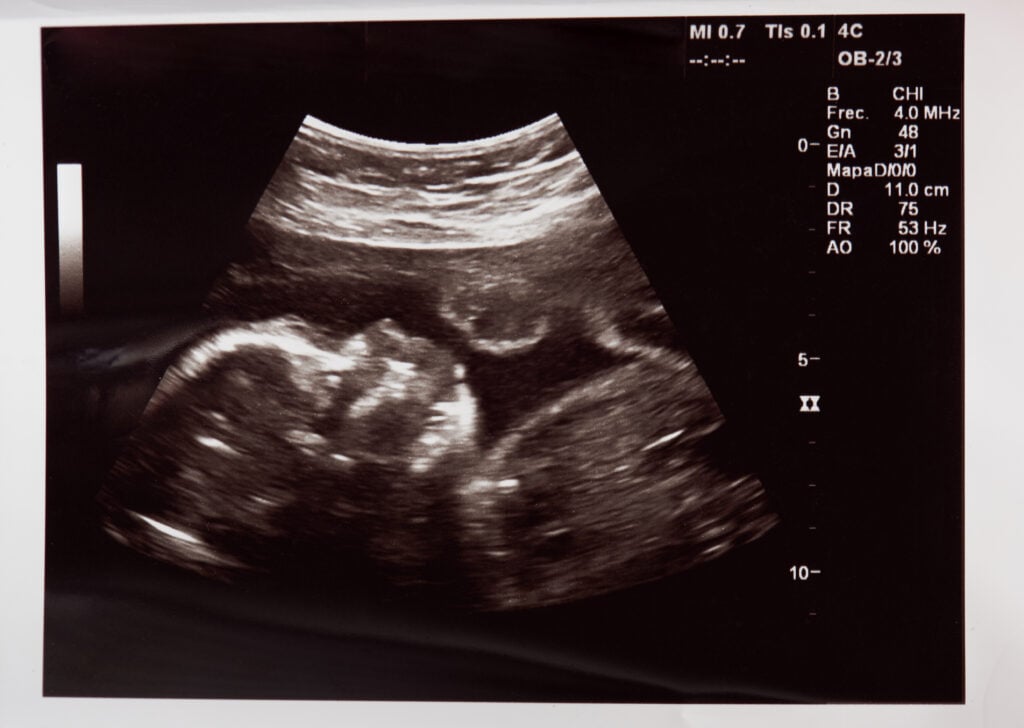TRENTON, NJ – New Jersey Democrats, led by Governor Phil Murphy, are advancing an ambitious and controversial plan to position the Garden State as a premier destination for abortion services, sparking fierce debate over what critics are calling an “abortion tourism economy.”
The initiative, which includes a suite of legislative proposals and executive actions, aims to attract out-of-state individuals seeking abortions—potentially including minors and those pursuing late-term procedures—while issuing travel warnings to New Jersey residents about restrictive reproductive laws elsewhere.
The cornerstone of this effort is a bill introduced by Senator John Burzichelli (D-Gloucester), which mandates the creation of a “New Jersey Reproductive Health Travel Advisory.”
This advisory, to be maintained by the Department of State, would categorize every U.S. state into a tiered system—blue, yellow, or red—based on their abortion laws.
The system identifies states in a politically colored scheme; blue states, as Democrat states with less abortion restrictions, and red states, Republican states with strict abortion laws.
“Blue” states would signify full access to reproductive care, “yellow” would warn of restricted access with potential legal risks, and “red” would urge residents to “reconsider travel” due to extreme restrictions that could deny emergency care or lead to prosecution. The advisory aims to inform pregnant New Jerseyans traveling out of state, but critics argue it doubles as a marketing tool to draw abortion seekers to New Jersey’s permissive environment.

Governor Murphy has been a vocal proponent of expanding abortion access, recently announcing plans to stockpile abortion medications like mifepristone ahead of potential federal restrictions under President Donald Trump’s incoming administration.
During his January 2025 State of the State address, Murphy declared, “New Jersey will always be a safe haven for reproductive freedom. Period,” signaling his intent to make the state a regional hub for abortion services.
The state has already codified abortion rights into law, mandated insurance coverage for the procedure, and increased funding for abortion providers—moves that Democrats say lay the groundwork for this new economic vision.
The proposed legislation goes further, entering New Jersey into the “Women’s Reproductive Health Care Compact,” a coalition of states committed to protecting abortion providers and patients from out-of-state legal repercussions.

Under the compact, member states would refuse extradition or investigation of individuals involved in abortion care, shield medical records from disclosure, and prohibit data collection on abortion seekers’ origins or numbers. Proponents argue this shields vulnerable patients, but opponents see it as a taxpayer-funded invitation to out-of-state abortion seekers, with no restrictions on gestational age or parental consent for minors.
Assemblywoman Dawn Fantasia (R-Sussex) has emerged as a leading critic, calling the plan “grotesque” and a “filthy, dehumanizing scheme.” In a post on X, Fantasia accused Trenton Democrats of prioritizing abortion tourism over struggling local businesses, writing, “Instead of revitalizing local economies, they’ve decided that attracting out-of-state abortion seekers—including minors and those seeking late-term procedures with no restrictions—is their next big economic plan—on the taxpayer dime.”
She also criticized the state’s Attorney General for allegedly colluding with Planned Parenthood to issue a “consumer alert” against crisis pregnancy centers, which she claims eliminates competition by discrediting alternatives to abortion.
The bill also targets crisis pregnancy centers, labeling it an “unlawful practice” under the state’s consumer fraud act for these nonprofit facilities to make misleading statements about pregnancy-related services. The legislation empowers the Attorney General to seek injunctions against such centers, potentially forcing them to cease operations or face penalties—a move supporters say protects women from deception, but detractors argue stifles free speech and market choice.
Democrats frame the initiative as both a moral and economic imperative. Senate Majority Leader Teresa Ruiz (D-Essex) has championed a broader reproductive rights package, including measures to eliminate out-of-pocket abortion costs and fund clinical training for providers.
“We have to look at New Jersey under the worst-case scenarios,” Ruiz said, citing the need to prepare for federal rollbacks.
Supporters argue that abortion tourism could boost the state’s economy by drawing patients who spend on travel, lodging, and services, while reinforcing New Jersey’s reputation as a progressive leader.
Republicans, however, see it as a misstep. State Senate Minority Leader Anthony Bucco (R-Morris) called it “settled law being exploited for political gain,” noting New Jersey’s already robust abortion protections. Critics warn of rising insurance premiums, strained healthcare resources, and ethical concerns over late-term procedures, with Fantasia decrying the lack of gestational limits as particularly egregious.

